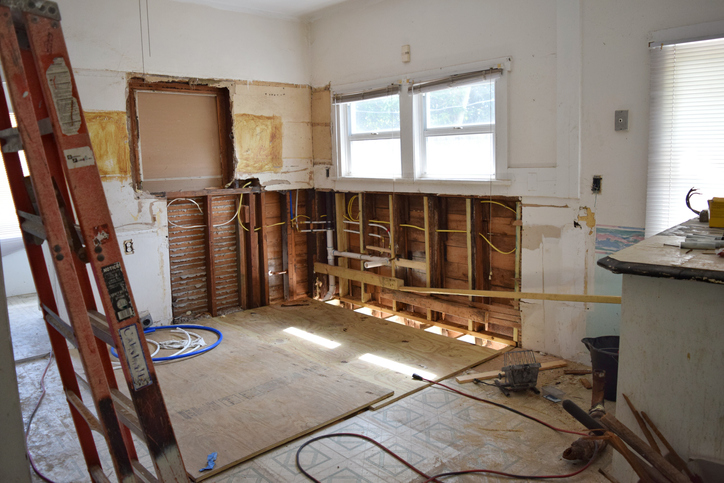Flipping houses for profit has become a popular way for people to make money in the real estate market. The idea is to buy a property, renovate it, and then sell it for a profit. While flipping houses can be a lucrative investment, it also comes with its own set of risks. In this article, we will discuss the benefits and risks of flipping houses for a profit.
Benefits of Flipping Houses
- High-Profit Potential
One of the main benefits of flipping houses is the potential for high profits. If you purchase a property at a low price and renovate it, you can sell it for a much higher price, making a significant profit in the process.
- Control Over the Property
When you flip a house, you have complete control over the property. You can choose the renovation projects that will provide the most significant return on investment and can manage the timeline of the project.
- Improving the Community
Flipping houses can also have a positive impact on the community. By renovating a property, you can increase its value and improve the overall appearance of the neighborhood.
- Building Equity
Flipping houses can also help you build equity. If you purchase a property at a low price, renovate it, and sell it for a profit, you can reinvest that profit into another property, allowing you to build a portfolio of real estate investments over time.
Risks of Flipping Houses
- High Costs
Flipping houses can be an expensive venture. Renovations can quickly add up, and unexpected expenses can arise during the project, such as structural issues or code violations. These costs can eat into your profits and may even result in a loss.
- Market Fluctuations
The real estate market is always fluctuating, and there is no guarantee that the property will sell for the price you are hoping for. Economic downturns or changes in the local market can impact the value of the property, making it more challenging to sell or reducing the profit potential.
- Time Constraints
Flipping houses requires a significant time commitment. Renovations can take months to complete, and finding a buyer can also be a lengthy process. The longer the project takes, the more money you will need to spend on holding costs, such as property taxes and utility bills.
- Lack of Experience
Flipping houses requires knowledge and experience in the real estate market, construction, and financing. If you lack experience in these areas, it can be challenging to make informed decisions and avoid costly mistakes.
Conclusion
Flipping houses for profit can be a lucrative investment, but it is not without risks. The high costs and time constraints can eat into profits, and market fluctuations can impact the property’s value. However, the benefits, such as high-profit potential, control over the property, and building equity, make flipping houses an attractive investment option for those willing to put in the time and effort to learn the ins and outs of the process. It is important to do your research, consult with professionals, and carefully weigh the risks and benefits before deciding if flipping houses is the right investment strategy for you.



















